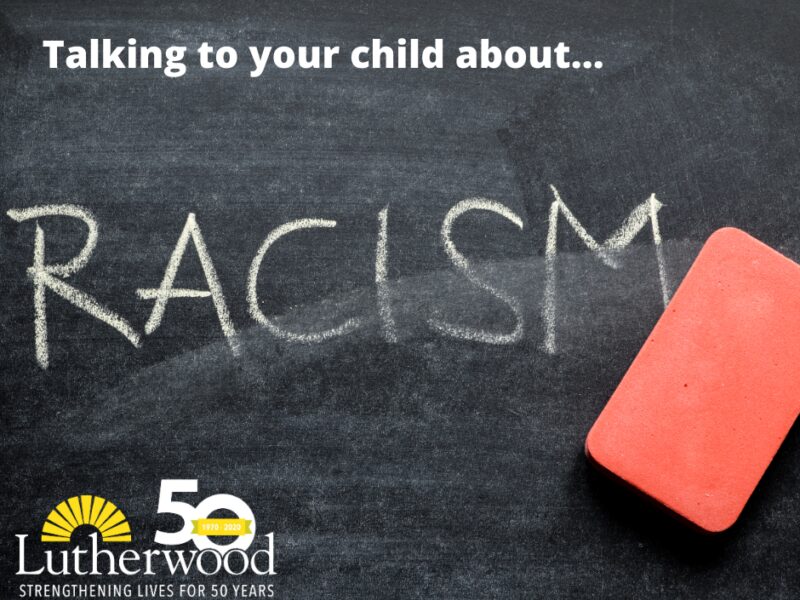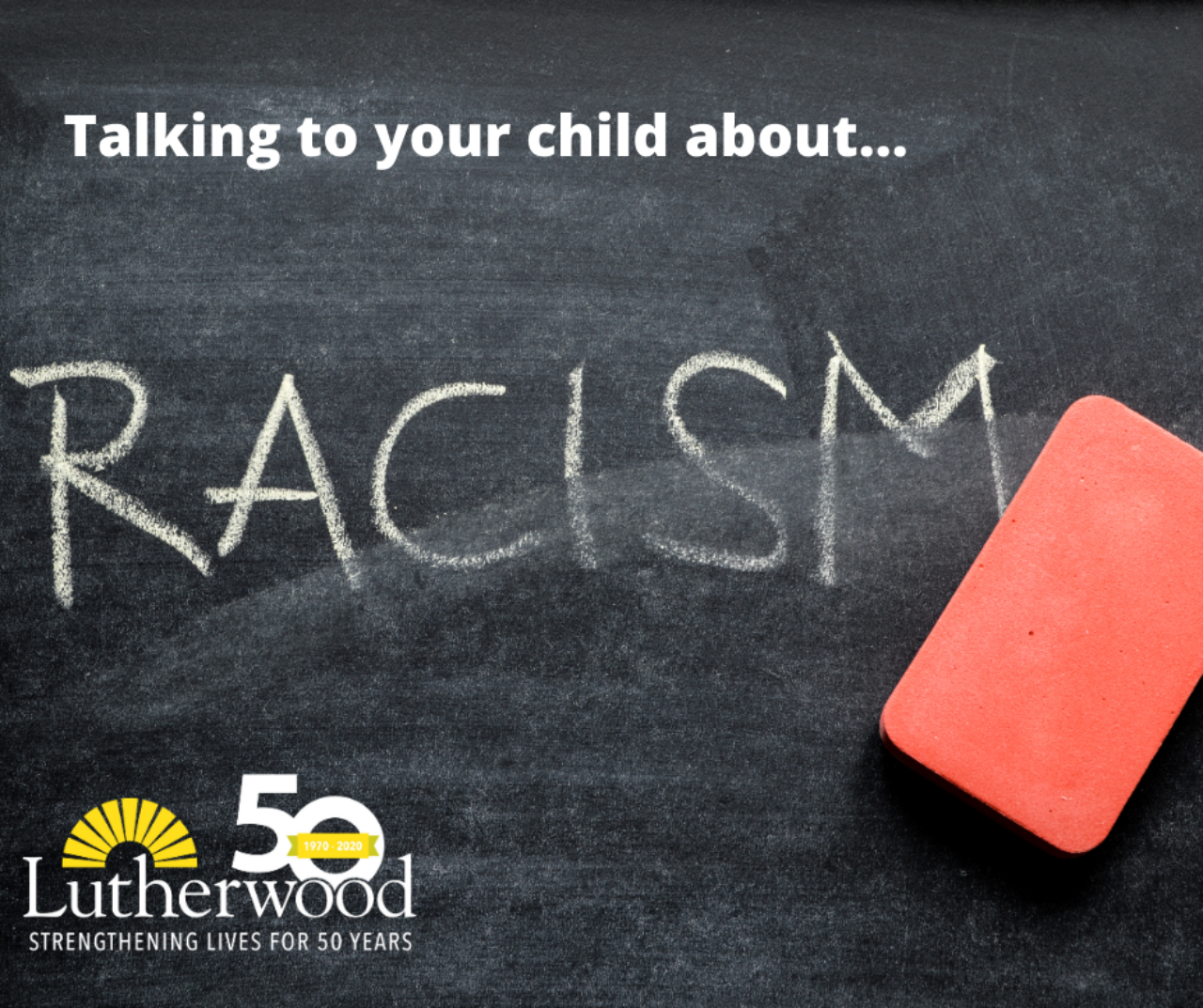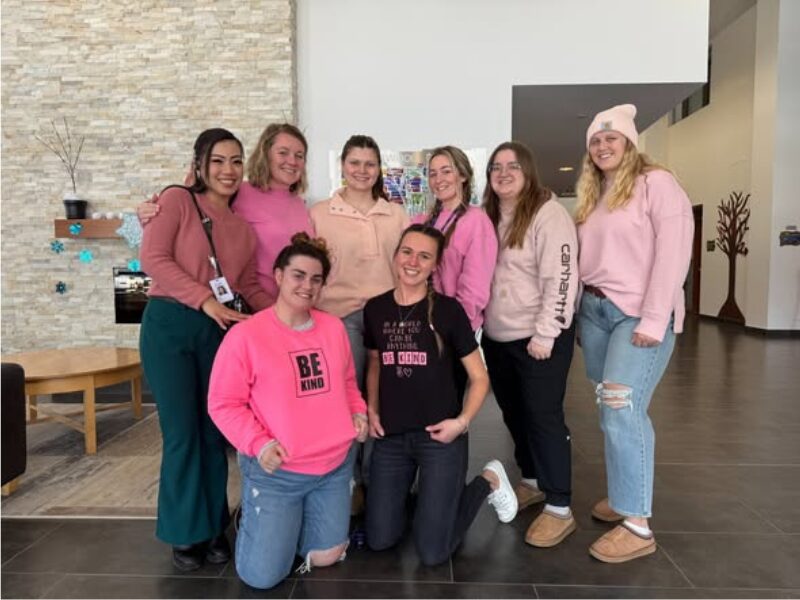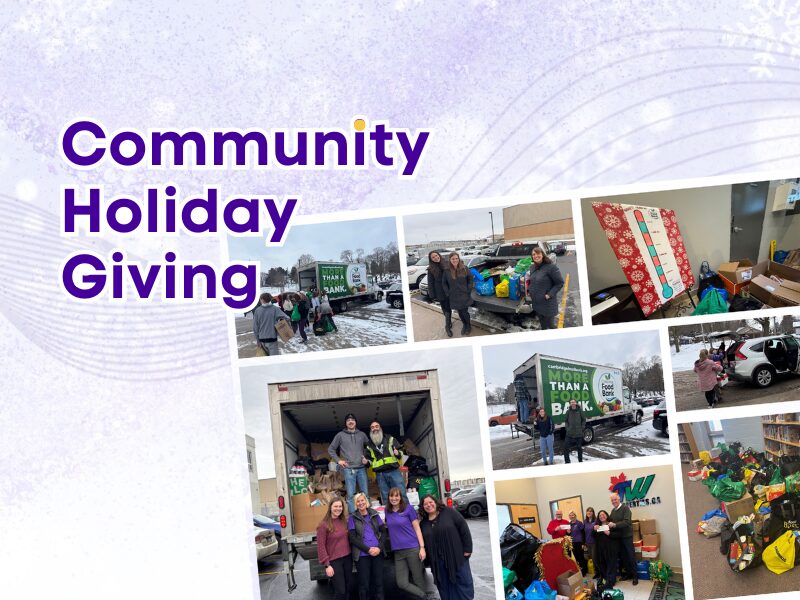Talking to your Youth About Racism


Talking about racism with youth can be one of the most difficult conversations you have. This blog post is designed to find a few entry points into these challenging but necessary conversations. As we near the end of 2020, these discussions have never been more urgent.
Did you know that babies as young as six months are able to see differences in skin colour? This a physiological product of their developing sensory systems. However, how they respond to different skin colours is a learned reaction based on what they observe from primary caregivers, teachers, other adults, their peers and the world around them.
For more information on how racial perception develops in children, I suggest this Ted Talk by Dr Beverly Daniel Tatum.
If your child tells you that they have noticed differences in skin colour within their school class, you can talk to them matter-of-factly. You might want to (in an age appropriate way) ask them what that means to them? Narratives are very helpful with young children, and storytelling can be essential to helping a child’s viewpoint develop:
Talking About Race With Children: How Storytellers can Facilitate Important Conversations with Dr. Allison Briscoe-Smith and Koyalee Chanda.
Youth today know a lot more than we did. Even young children are far more knowledgeable about the world they live in than we as mental health professionals, parents, aunts, uncles, cousins and friends might have been at their age. This is partly due to differences in education systems between generations, but also the power of social media and online activist movements, which help involve more young people around the globe.
So they know more than us? Great. Shouldn’t they be teaching us?
Well the answer is yes. Partly. And if you pay attention, they are. Yet, the degree of media saturation that makes up the daily life of Gen Z can be overwhelming to navigate. And just like any other developing stage for a child or youth, their questions about race, racism and anti-racist action need to be guided. You can cultivate and develop this line of questioning in youth by developing your own racial accountability practice and your own anti-racism lens. Modeling anti-racist action, critical media consumption and active questioning are just as important as other kinds of behavioural things you might model for youth such as emotion regulation and coping strategies.
You can help practice racial justice by joining online learning groups, and always being critical about things you see in the media. Look for non-fiction and media written by BIPOC (Black, Indigenous and People of Colour) authors. Repost their writings on your social media feeds. Here is a detailed Anti Racism Resource List to help you get started.
Thinking about questions of racism, anti-Black racism and how to take anti-racist action is a complex and uncertain process. Be honest with yourself and with youth about the perspectives you are struggling with so you can learn together.
Instagram Feed
"As a newcomer, I encourage other newcomers not to be scared by job searching and to ask Lutherwood for help. There is no reason you cannot get a job if you work hard, are confident, and show your talents."












